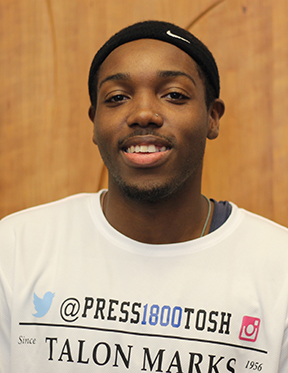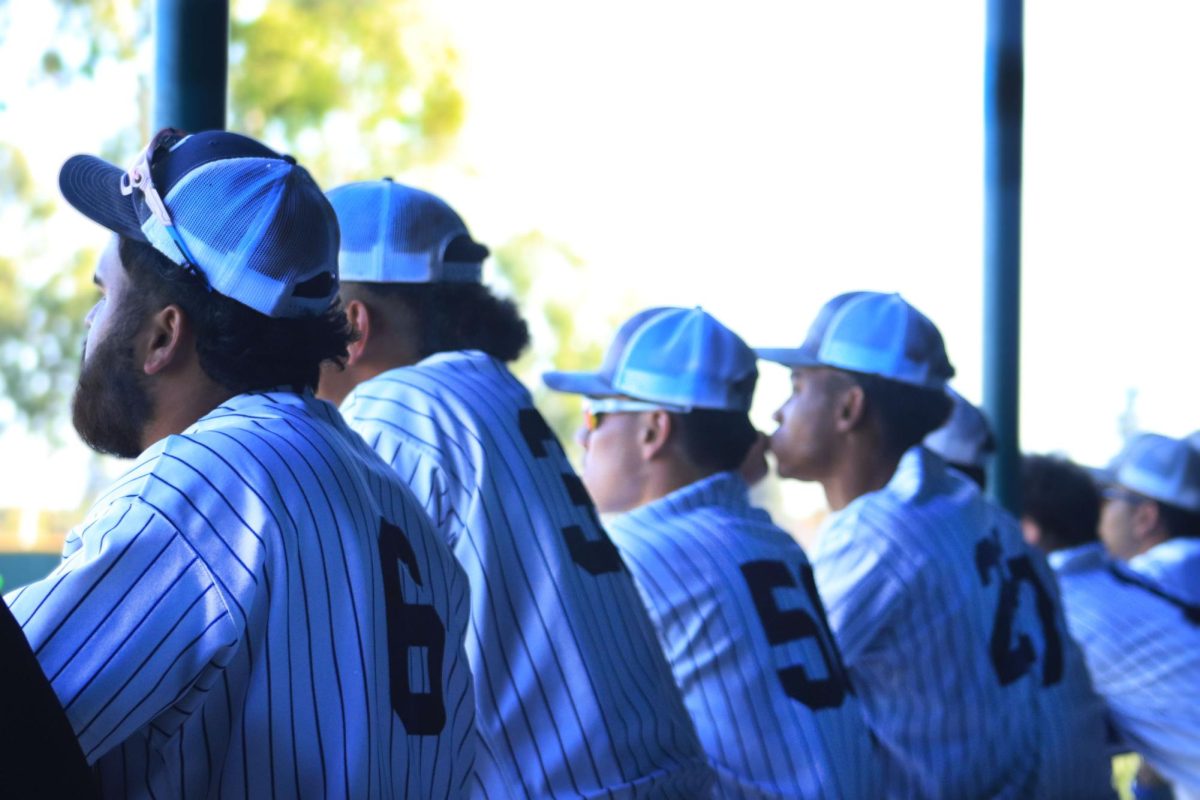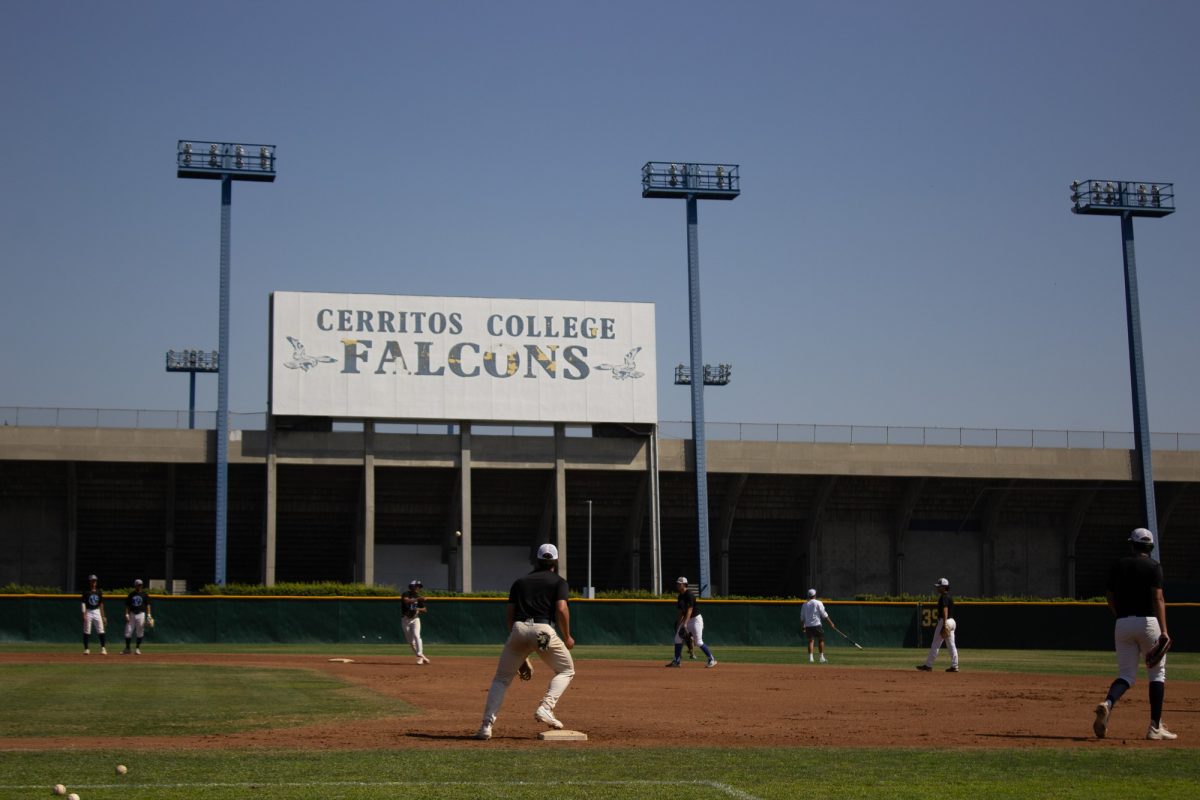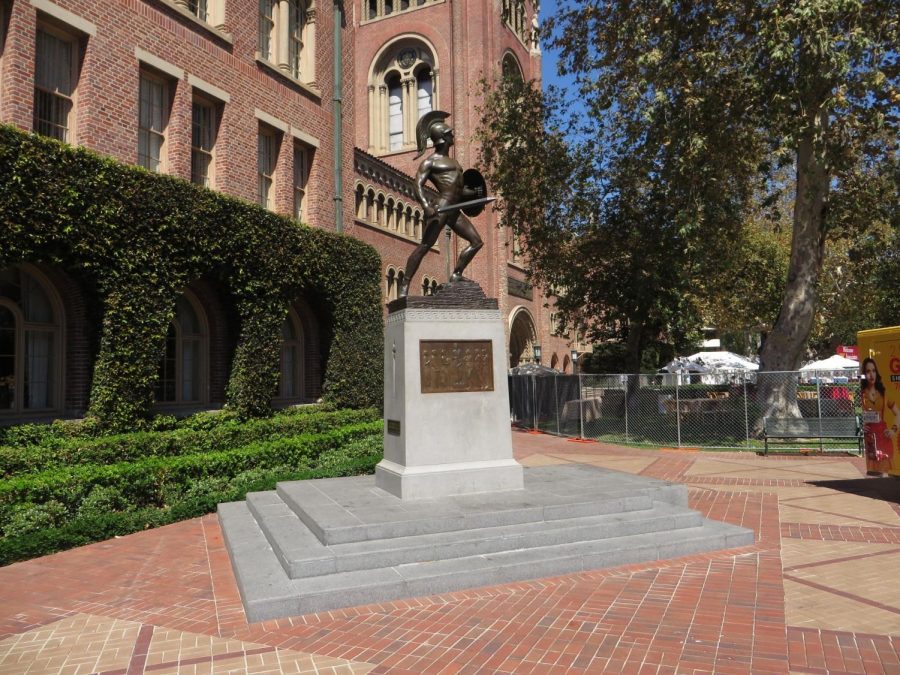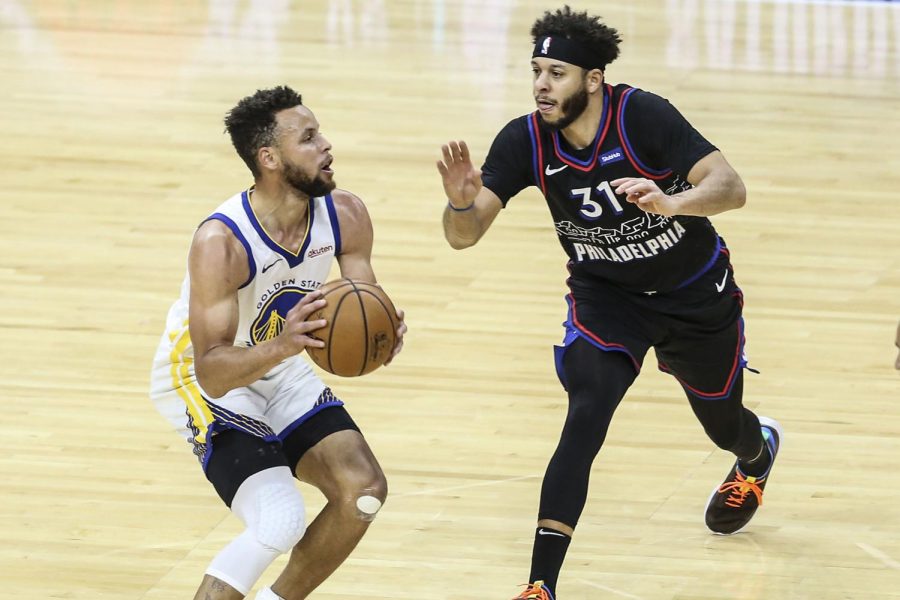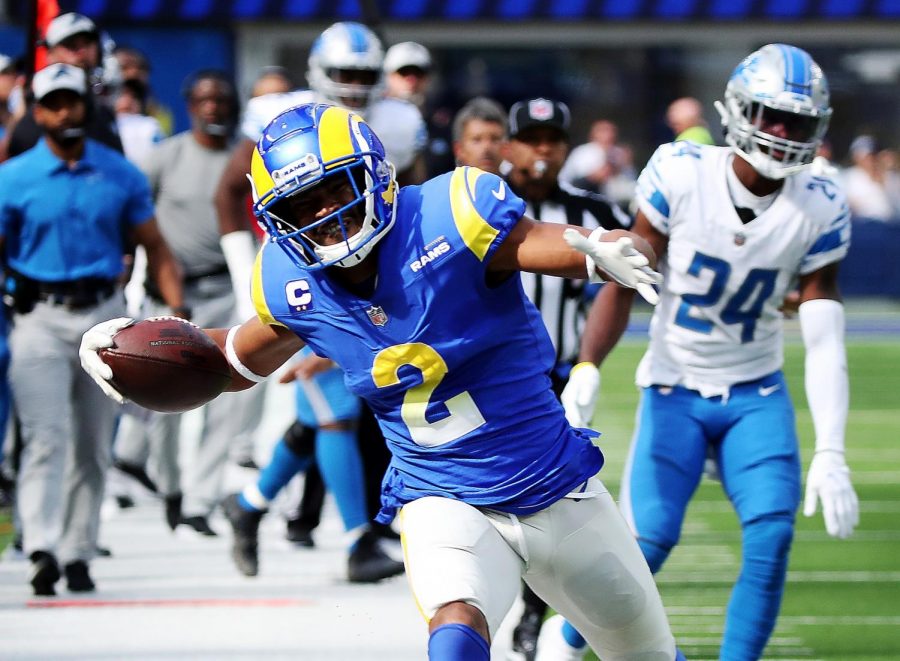When it comes to Civil Rights history, Jackie Robinson isn’t talked about enough in today’s time; most people just know him as the first black baseball player to play in the major league.
However, Robinson was so much more than just the first black MLB player, he was actually a pioneer in civil rights off the field as well.
The names that usually come to mind in terms of impact on the Civil Rights movement are Rev. Martin Luther King Jr., Malcolm X and Rosa Parks.
There’s nothing wrong with any of the aforementioned Civil Rights icons, they all deserve to be revered for their respective contributions to social change.
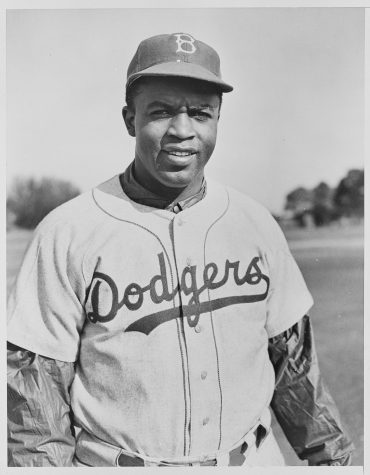
The point is, Robinson deserves to be on the Mount Rushmore-equivalent for freedom fighters as well.
Robinson was the recipient of the MLB’s inaugural Rookie of the Year award on Sept. 19, 1947. It was renamed the Jackie Robinson award 40 years later.
The 71st anniversary of Robinson being awarded Rookie of the Year is on Wednesday, Sept. 19.
Robinson was told to keep his mouth closed and to just play, he followed orders for some time, but then became a fearless activist for African-Americans.
It’s similar to how the NFL wants to silence Colin Kaepernick and when Lara Ingraham told LeBron James to “shut up and dribble.”
Outspoken athletes have been instructed to just play and not talk about real world problems, but it is important to not be passive and just comply to “keep the peace.”
If Robinson had listened and kept his mouth shut, he wouldn’t have been the legend in justice for black people in America today.
He and his wife Rachel Isum Robinson were both heavily involved in the Civil Rights movement throughout the latter part of the 20th century.
Robinson and his family received death threats and exposed themselves to heightened forms of racism by joining the movement, just like the King family and others.
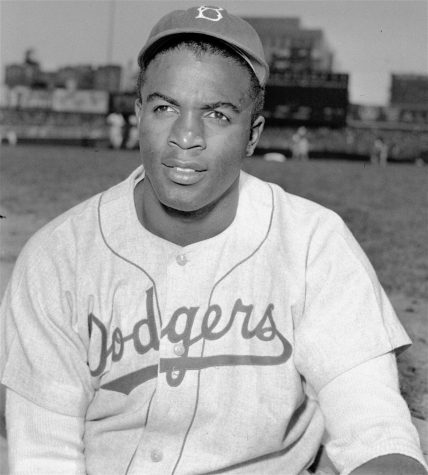
He served in World War II in 1942, but was arrested in 1944 and eventually honorably discharged after refusing to give up his seat and move to the back of the bus.
Most people know of Parks for refusing to give up her seat and move to the back of the bus in 1955. However, Robinson did the same thing 11 years prior.
The MLB Hall of Famer was also the first athlete in UCLA history to attain a varsity letter in four sports. Unfortunately, he was unable to graduate due to financial difficulties.
Born in Georgia, Robinson was well educated and a pillar, along with his wife, in helping break down barriers for African-Americans.
Yet, most people either have to look up more about Robinson online or books. Some may know the most about him through a biographical movie titled “42.”
The 2013 movie’s namesake is a reference to Robinson’s iconic No. 42 jersey.
People should not have to learn the most about Robinson from a movie. Robinson’s work to create change and racial justice should be a focal point in history, just like the other heroes who help to insight a positive change.




